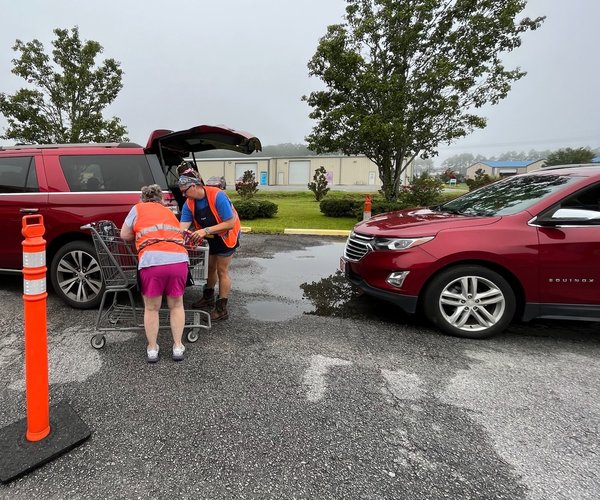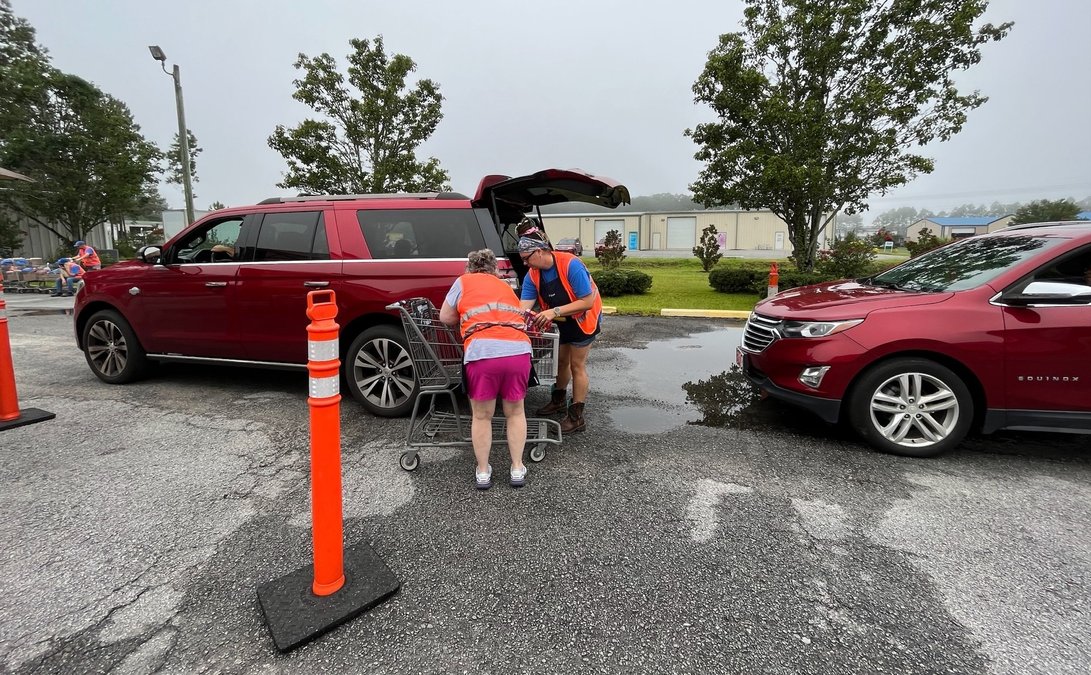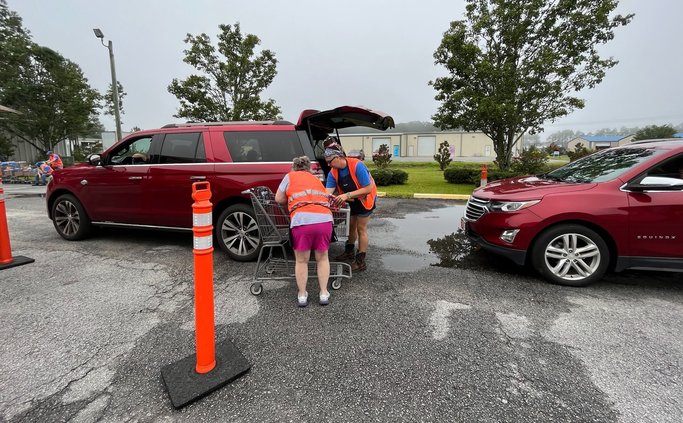Effingham County commissioners entered into a contentious and potentially fractious series of arguments near the end of their meeting Tuesday night.
With most of the audience having left after the conclusion of the board’s usual business, commissioners engaged in a series of pointed exchanges during committee reports.
Chairman Dusty Zeigler said the county could save money if it decided to do away with the chairman’s seat entirely. He said the recent bill signed into law, restricting the chairman’s voting power, rendered the position meaningless.
"I suggest you get rid of the chairman’s position," he said. "What you have is a useless position, costing the county $50,000-$60,000 a year."
Zeigler said other commissioners tried to get rid of the position earlier and failed to do so, and he still attends commissioners’ meetings with "a smile on my face."
"You were wrong then, and you’re wrong now," he said of the attempts to eliminate the at-large chairman spot.
Commissioner Steve Mason asked if fellow commissioners could use the report time at the end of meetings to bring up issues that county staff may need to handle.
"We need to do something so that, in this time right here, that if we have a comment or a problem or if we have something that we’re not happy with or we have something we want to staff to do, we need to do it right now," he said, "and not wait until tomorrow.
"I think we need to remember the staff works for the body of this board," he added. "It doesn’t work for me individually; it doesn’t work for Dusty Zeigler individually. If it takes a policy of some sort to be put in place to do that, that if any particular commissioner has something of a particular interest, whether it’s fact-finding or whatever it is, it’s needed to be brought up before the board."
"The staff does not work for commissioners individually," Mason said.
"So between meetings, all these calls that we were getting about fire fees that lead me to ask questions and need information, I can’t ask that until the commissioners’ reports at the next meeting?" Commissioner Vera Jones asked.
Commissioner Phil Kieffer said he asked Kresha Jones-Aycock in the GIS department for a map.
"Was I wrong to do that?" he asked.
Mason said Jones was reading his intent incorrectly. He said the alcohol ordinance became a hot topic before it was put on the agenda, "and we beat the thing to death."
Jones objected to the intimation that shepushed to have the alcohol restrictions issue placed on the agenda.
"What do I have to do? Do an open records request and find it?" Mason asked.
"Sure," Jones retorted. "Let’s do that. Steve Mason, I’ve excluded my building from the ordinance. How about that?"
Kieffer noted the original discussion on the separation between establishments selling alcohol and churches came out of a conditional use request during planning board presentments.
"The ordinance change that was put on the agenda was not discussed by the board to do the research on," Mason said.
He also said that Kieffer brought up the issue on Jones’ behalf.
"You’re insane," Jones told Mason.
Zeigler agreed with Mason and said that prior to that issue the commissioners wanted to discuss matters before they were put on the agenda.
"That was something that popped up on the agenda that we didn’t discuss," he said. "That was even acknowledged."
"You’ve just made some accusations," Jones said to Mason. "And I hope you can support them completely.... Consider this my ante litem notice."
Zeigler said if one commissioner was threatening legal action against another commissioner, it would be difficult to conduct future meetings.
"He was begged the question to give an example, and he gave an example," Zeigler said of Mason. "But we can’t meet as a board if we’re going to sue each other. We can’t function as a board."
Zeigler said the commissioners’ ethics policy previously addressed these kinds of issues.
"If you want to bring the ethics policy back, which I highly recommend, it will discourage members of this board from having staff have their own issues addressed."
Mason said he wasn’t directing his comments about commissioners’ requests of staff at any one commissioner.
"We forget sometimes that we are part of a board," he said. "We as a board make decisions that I don’t particularly support. But once it’s made, we need to go along with it."








